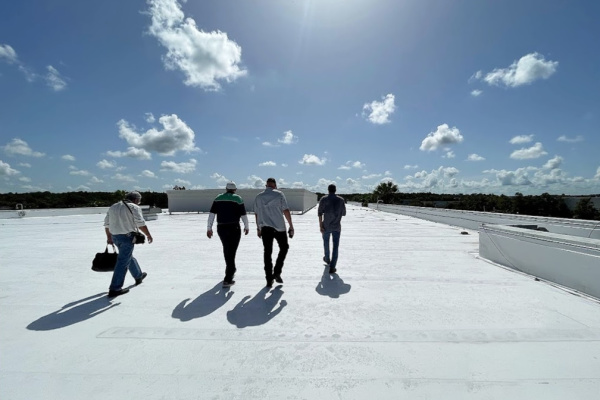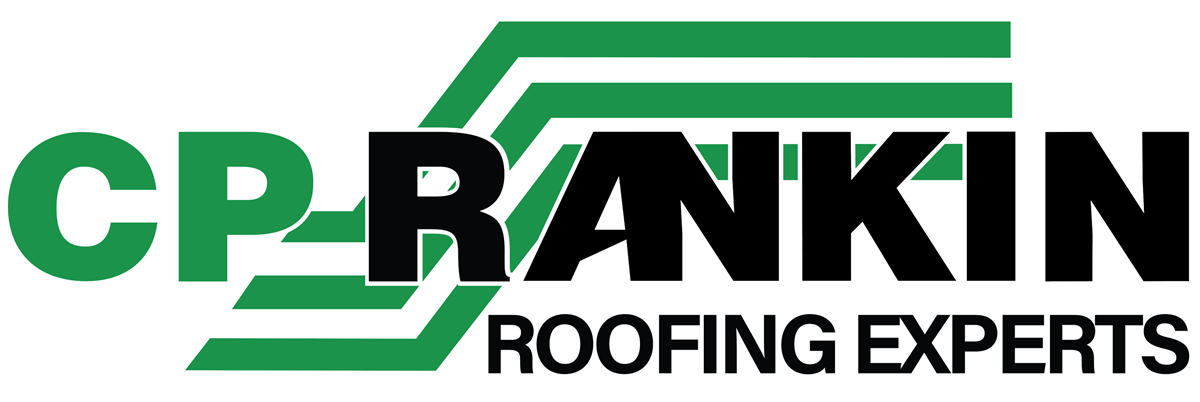SINGLE-PLY ROOFING
Single-ply membranes are generally categorized as either thermoplastic or thermoset. Thermoplastic materials can be repeatedly softened when heated and hardened when cooled. Thermoset materials solidify, or “set,” irreversibly after heating. Single ply membranes commonly are referred to by their chemical acronyms, such as Ethylene Propylene Diene Terpolymer (EPDM), ThermoPlastic Olefin (TPO) or Polyvinyl Chloride (PVC).
TPO is now the most preferred single-ply roofing membrane in the U.S providing long-term durability and other advantages:
TPO traditionally has a white 'reflective surface' which reduces cooling costs.
TPO roofing systems are the most environmentally friendly of the single-ply systems. They produce no dioxins or chlorine.
Membranes come in varying thicknesses to meet your specific requirements and are available in varying roll widths.

EPDM is a black single-ply membrane often referred to as “rubber roofing” and offers these advantages:
It withstands extremes of temperature and expands and contracts with the building.
Requires minimal maintenance and are resistant to UV radiation and ozone.
Technology has proven effective for more than 30 years.
PVC roofing or vinyl roofing is a type of flexible membrane used for covering and protecting flat roofing, usually of commercial or industrial buildings.

